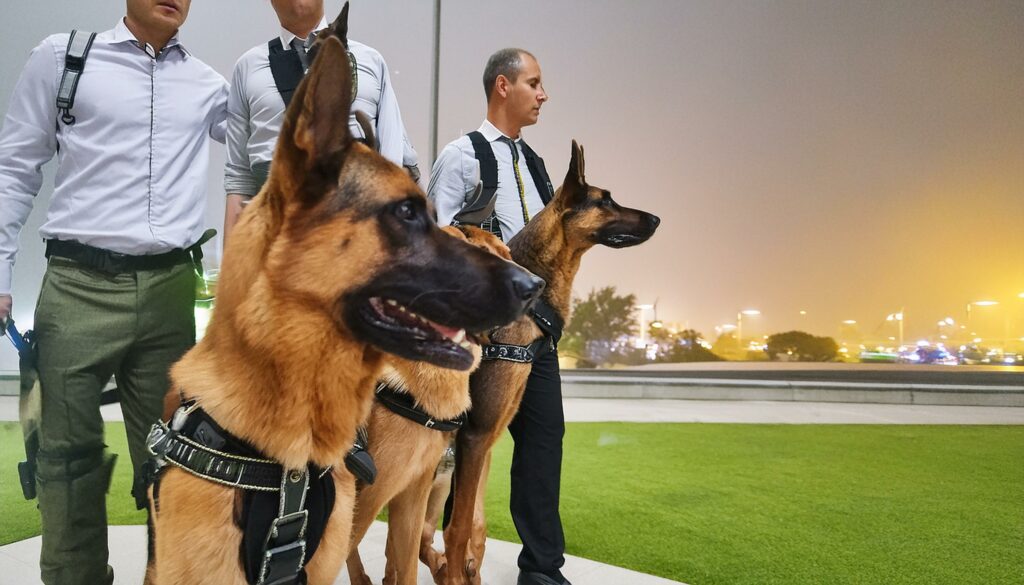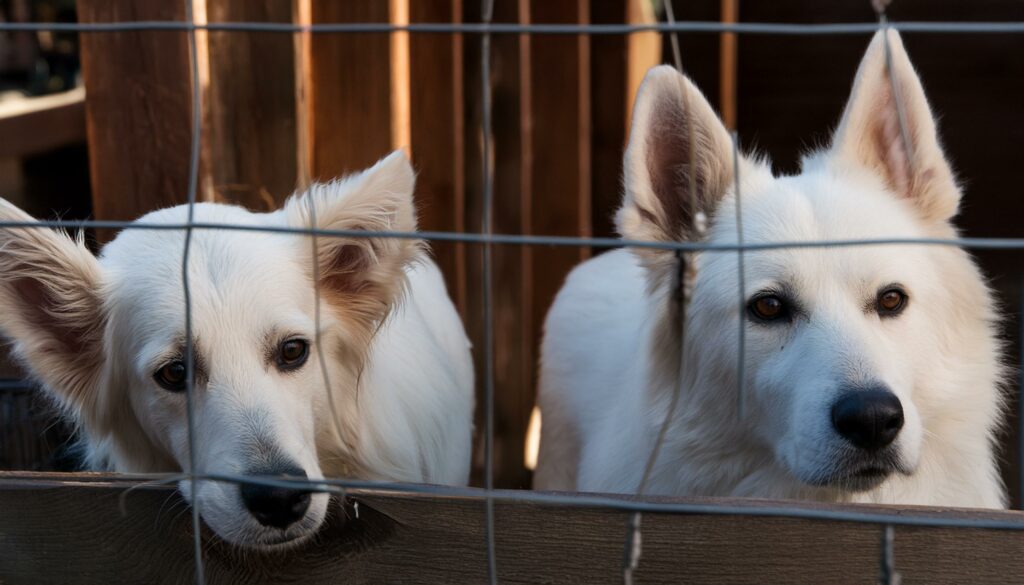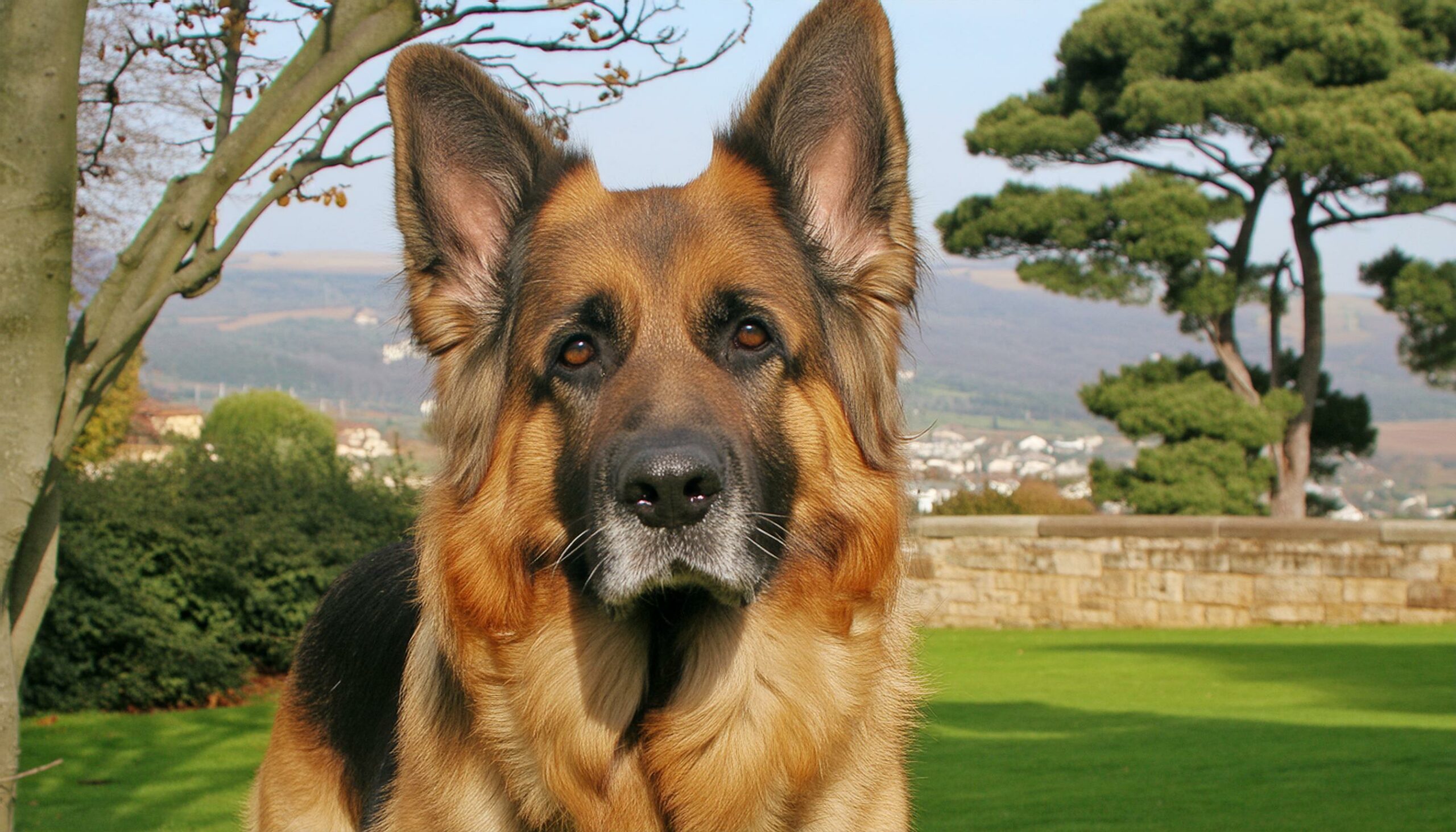German Shepherds, renowned for their intelligence, loyalty, and versatility, are often known by another name. In this comprehensive guide, we’ll delve into various aspects of this beloved breed, exploring its history, traits, temperament, and much more.
Origin and History
Originating in Germany in the late 19th century, German Shepherds were initially bred for herding sheep. Captain Max von Stephanitz played a pivotal role in standardizing the breed and establishing the German Shepherd Dog Club in 1899.
Development of the Breed
German Shepherds were selectively bred for their exceptional working abilities, including herding, guarding, and serving in various roles such as military and police work. Their versatility made them indispensable in a wide range of tasks.
Physical Characteristics
German Shepherds boast a distinctive appearance characterized by a medium to large-sized frame, muscular build, and noble stance. They typically have a dense double coat that comes in various colors, including black and tan, sable, and solid black.
Coat and Color Variations
While the traditional black and tan coloration is prevalent, German Shepherds can also exhibit solid black or sable coats. Some breed standards also recognize white German Shepherds, although they are less common.
Temperament
Renowned for their loyal and protective nature, German Shepherds are described as confident, courageous, and highly intelligent. While they may be aloof with strangers, they form strong bonds with their families and are affectionate companions.
Protective Instincts
German Shepherds possess strong protective instincts, making them excellent guard dogs. With proper socialization and training, they can discern between friend and foe, ensuring the safety of their loved ones.

Training and Intelligence
One of the hallmark traits of German Shepherds is their exceptional intelligence and trainability. They thrive on mental stimulation and excel in learning new tasks and commands.
Working and Obedience Training
German Shepherds are adept at various dog sports and activities, including obedience trials, agility courses, and scent work. Their eagerness to please and strong work ethic make them ideal candidates for advanced training.
Health Concerns
Like all breeds, German Shepherds are prone to certain health issues. Responsible breeding practices and proper healthcare are essential to mitigate these risks and ensure their well-being.
Common Health Problems
Some common health issues in German Shepherds include hip dysplasia, elbow dysplasia, degenerative myelopathy, and bloat. Regular veterinary check-ups and a balanced diet can help prevent or manage these conditions.
German Shepherd in Popular Culture
German Shepherds have left an indelible mark on popular culture, appearing in movies, television shows, and literature as beloved companions and heroic figures.
Famous German Shepherds
From Rin Tin Tin to Strongheart, German Shepherds have graced the silver screen and captured the hearts of audiences worldwide. Their intelligence, loyalty, and versatility have made them iconic symbols of canine heroism.
The Versatility of German Shepherds
German Shepherds are known for their adaptability and versatility in various roles and environments. Whether as working dogs, family pets, or service animals, they excel in any task they undertake.
Working Dogs
German Shepherds serve as invaluable working dogs in law enforcement, search and rescue, and military service. Their keen sense of smell, intelligence, and agility make them indispensable assets in these roles.
German Shepherd as Family Pets
Despite their working dog status, German Shepherds also make wonderful family pets. They are affectionate, loyal, and protective, forming strong bonds with their human companions.
Interaction with Children and Other Pets
With proper socialization, German Shepherds can get along well with children and other pets. Their patient and gentle nature makes them well-suited for families with kids.
The Cost of Owning a German Shepherd
Owning a German Shepherd entails various costs, including initial purchase or adoption fees, veterinary care, food, grooming, and training expenses.
Initial Expenses
The cost of acquiring a German Shepherd puppy from a reputable breeder can vary widely depending on factors such as lineage and pedigree. Additionally, ongoing expenses for healthcare and maintenance should be considered.
Choosing a Name for Your German Shepherd

Selecting the perfect name for your German Shepherd is an important decision that reflects their personality and characteristics.
Popular Names
Popular names for German Shepherds include Max, Bella, Zeus, Luna, and Rocky. Choose a name that resonates with your dog’s traits and is easy to pronounce.
Conclusion
In conclusion, German Shepherds are a remarkable breed cherished for their intelligence, loyalty, and versatility. Whether as working partners or beloved family members, they continue to captivate and inspire dog lovers worldwide.
FAQs
Are German Shepherds aggressive?
German Shepherds can exhibit protective behaviors but are not inherently aggressive. Proper training and socialization are crucial for ensuring they are well-behaved.
Do German Shepherds shed a lot?
Yes, German Shepherds have a double coat that sheds year-round, with heavier shedding during certain seasons.
Are German Shepherds good with children?
With proper socialization, German Shepherds can be excellent companions for children, displaying patience and gentleness.
Do German Shepherds require a lot of exercise?
Yes, German Shepherds are an active breed that needs regular exercise to stay healthy and happy.
How long do German Shepherds live?
On average, German Shepherds have a lifespan of 9 to 13 years, though individual longevity may vary.
